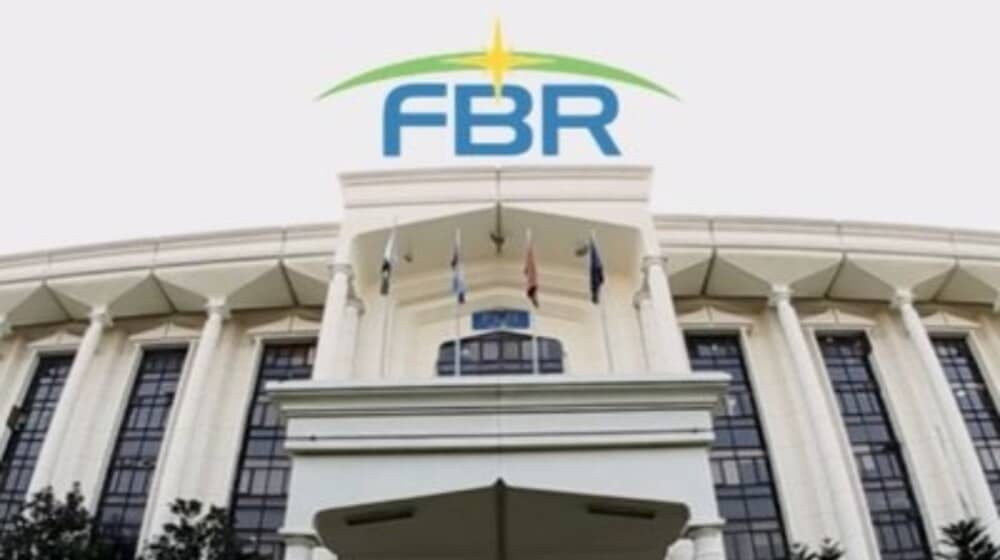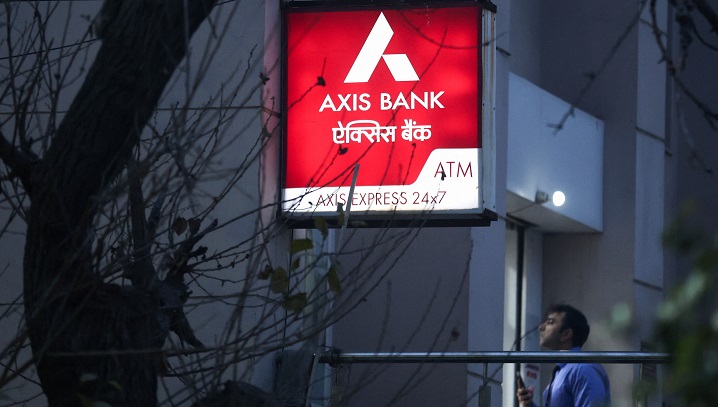Finance Act 2025: South African Auto Sector Faces Hurdles in New Eligibility Rules

Finance Act 2025: South African Auto Sector Faces Hurdles in New Eligibility Rules
The South African automotive industry is navigating a complex landscape following the implementation of the Finance Act 2025. The Act, effective from July 1, 2025, introduces significant restrictions on who can book or purchase motor vehicles, aiming to curb tax avoidance and illicit financial flows. However, the industry is grappling with the practical challenges of enforcing these new eligibility requirements, raising concerns about potential disruptions to sales and operational complexities.
Understanding the New Rules
The core of the Finance Act 2025's impact on the auto sector lies in its definition of 'ineligible persons.' Essentially, individuals or entities deemed to be involved in tax evasion, money laundering, or other illicit activities are now prohibited from purchasing new motor vehicles. This aims to crack down on the use of vehicles to facilitate illegal transactions and to ensure a fairer playing field for compliant businesses and individuals. The specific criteria for determining 'ineligibility' are outlined in the Act, but the interpretation and application of these criteria are proving to be a key source of confusion and concern.
Industry Concerns and Enforcement Challenges
Automobile manufacturers and dealerships across South Africa are facing a number of challenges in implementing and enforcing the new regulations. Firstly, there's a lack of clarity regarding the precise procedures for verifying the eligibility of potential buyers. Dealerships are unsure how to access the necessary databases or information to determine whether an individual or company is on the 'ineligible' list. This uncertainty is leading to delays in sales and increased administrative burdens.
Secondly, the sheer volume of vehicle transactions makes manual verification impractical. Dealerships rely on efficient processes to manage sales, and the added layer of eligibility checks poses a significant operational hurdle. The industry is calling for the government to provide clear guidelines and potentially automated systems to facilitate the verification process.
Thirdly, there are concerns about the potential impact on legitimate buyers who may be inadvertently flagged due to errors or misinterpretations. A robust appeals process and clear redress mechanisms are crucial to protect the rights of innocent parties.
Potential Impact on the Automotive Sector
The Finance Act 2025 could have a noticeable impact on the South African automotive sector. A decrease in sales is a possibility, particularly in the short term, as dealerships and buyers adjust to the new regulations. However, industry experts believe that the long-term benefits of curbing illicit financial activity and promoting a more transparent market could outweigh the initial challenges. The automotive sector is a significant contributor to the South African economy, and any disruption needs to be carefully managed.
Government Response and Future Outlook
The South African Revenue Service (SARS) is working to provide clarity and support to the automotive industry. They have indicated that they will be releasing detailed guidelines and potentially developing an online portal to assist dealerships with eligibility verification. Ongoing dialogue between SARS, the automotive industry, and other stakeholders is essential to ensure the effective and equitable implementation of the Finance Act 2025. The success of this Act will depend on collaboration and a commitment to addressing the practical challenges faced by the industry.
The automotive industry is urged to stay informed about the latest developments and to engage with SARS to ensure compliance and minimize disruption. As the regulations settle in, the focus should be on finding efficient and reliable ways to verify eligibility while safeguarding the legitimate interests of both buyers and sellers.






